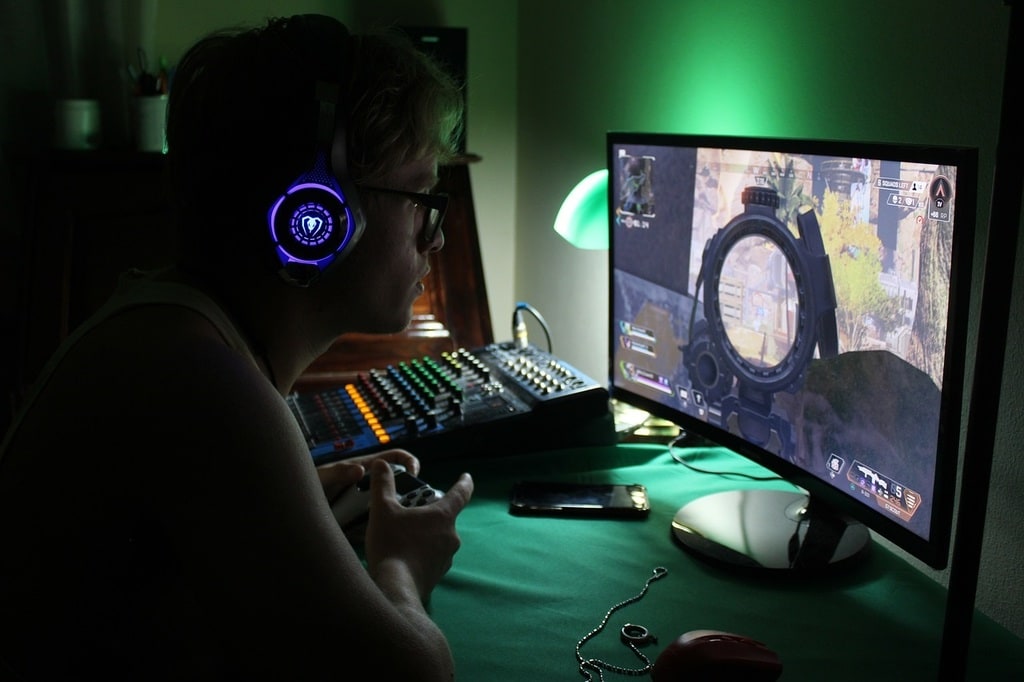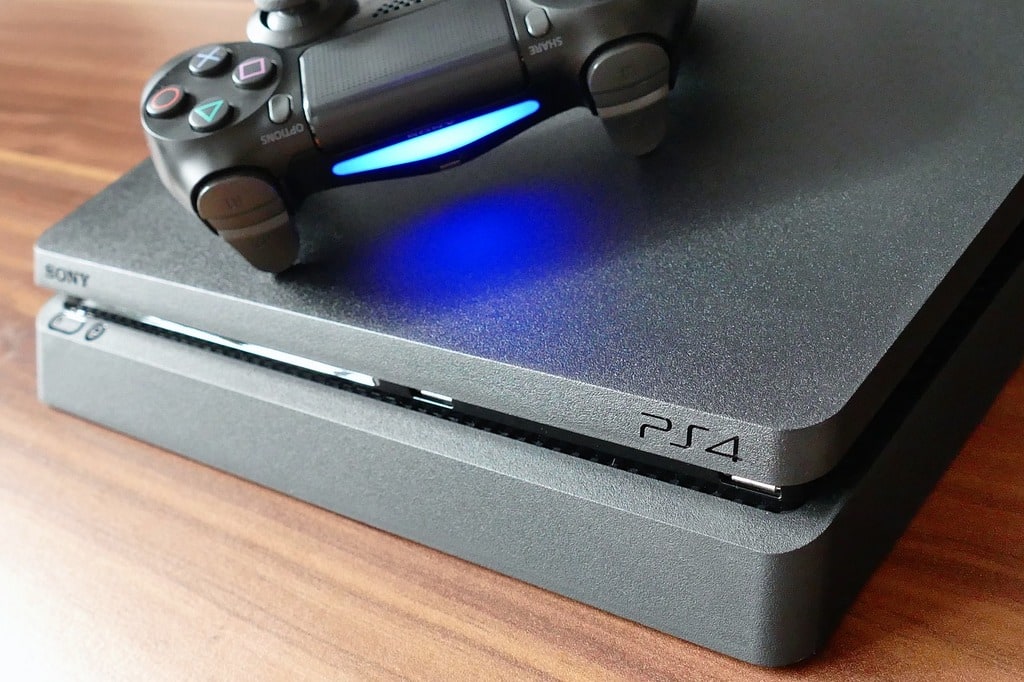
How to choose the perfect computer hardware for gaming
Choosing the perfect computer hardware for gaming can be an overwhelming task due to the wide array of options available in the market. Gamers must consider several key factors to ensure their system delivers optimal performance, immersive graphics, and smooth gameplay. This guide will help you navigate the essentials of building a gaming rig that meets your needs and budget.
Finding the Ideal Components for a Gaming PC
When building a gaming PC, the selection of components is pivotal in determining the performance and longevity of your system. Each part must be chosen carefully to ensure compatibility and efficiency. Below, we’ll explore the essential components and how to choose the best options for gaming.
Central Processing Unit (CPU)
The CPU is the brain of your computer and plays a significant role in gaming performance. Modern games often rely heavily on multi-core processors. Opt for a CPU with at least four cores, though six or more is preferable for future-proofing. Brands like AMD and Intel offer a range of processors, with AMD’s Ryzen series and Intel’s Core series being popular choices among gamers.
Graphics Processing Unit (GPU)
The GPU is arguably the most critical component for gaming. It handles rendering images, videos, and animations, ensuring you get smooth and high-quality visuals. Look for GPUs with higher VRAM (Video RAM) and better architecture. Nvidia’s RTX series and AMD’s Radeon RX series are top contenders. A good GPU will allow you to play the latest games at high settings without compromising on frame rates.

Memory (RAM)
RAM is essential for smooth gameplay and quick load times. Aim for at least 16GB of RAM for modern gaming. This amount is generally sufficient for most games and allows for multitasking without performance drops. If you plan on streaming or heavy multitasking, 32GB might be a better option.
Storage Solutions
Storage is another critical consideration. Solid State Drives (SSDs) offer faster load times and overall better performance compared to traditional Hard Disk Drives (HDDs). A combination of an SSD for your operating system and favorite games, along with an HDD for additional storage, is a balanced approach. NVMe SSDs provide even faster speeds and are worth considering if your budget allows.
Motherboard
The motherboard must support all your chosen components. Ensure it has the correct socket for your CPU and enough PCIe slots for your GPU and other peripherals. Consider future upgrades and ensure the motherboard has features like USB 3.1 ports, multiple M.2 slots, and good VRM (Voltage Regulator Module) quality.
Power Supply Unit (PSU)
A reliable PSU is necessary to provide consistent power to your components. Calculate your system’s power requirements and choose a PSU with a little extra wattage to accommodate future upgrades. Look for 80 Plus certification, which indicates higher efficiency. Brands like Corsair, EVGA, and Seasonic offer reputable options.
Cooling Solutions
Adequate cooling is vital to maintain performance and prolong the life of your components. Choose between air cooling and liquid cooling based on your system’s requirements and budget. High-quality thermal paste and good airflow within your case are also essential.
Peripherals
Gaming peripherals like keyboards, mice, and monitors enhance the gaming experience. A mechanical keyboard, a high-DPI mouse, and a monitor with a high refresh rate and low response time can significantly impact your gameplay.
Here’s a quick checklist to keep in mind when selecting your gaming hardware:
- CPU: aim for a multi-core processor with a high clock speed.
- GPU: prioritize a powerful graphics card with ample VRAM.
- RAM: at least 16GB, preferably 32GB for heavy multitasking.
- Storage: sSD for speed, HDD for capacity.
- Motherboard: compatibility and future-proofing features.
- PSU: reliable with sufficient wattage and 80 Plus certification.
- Cooling: effective cooling solutions for maintaining performance.
- Peripherals: quality gaming keyboard, mouse, and monitor.
Building and Testing Your Gaming PC
Once you have all the necessary components, it’s time to assemble your gaming PC. Ensure you follow proper procedures to avoid static damage to your components. Refer to your motherboard’s manual for installation guidelines and double-check all connections before powering on your system.
BIOS and Driver Updates
After assembly, update the BIOS and install the latest drivers for your components. This ensures compatibility and optimal performance. Regularly updating drivers is also essential for maintaining the best gaming experience.
Benchmarking and Performance Testing
Benchmark your system using software like 3DMark or Cinebench to assess its performance. Compare your results with other systems having similar configurations to ensure your PC is performing as expected. Address any discrepancies by troubleshooting individual components or settings.
Enhancing the Gaming Experience
To enhance your gaming experience further, consider optimizing your system settings and in-game configurations. Adjusting settings like resolution, texture quality, and shadows can improve performance without significantly compromising on visuals. Overclocking your CPU and GPU can also provide a performance boost, but proceed with caution and monitor temperatures to prevent damage.
By carefully selecting each component and following best practices for assembly and testing, you can build a gaming PC that delivers an exceptional gaming experience. Investing in quality hardware ensures that your system remains competitive and capable of handling the latest games for years to come.